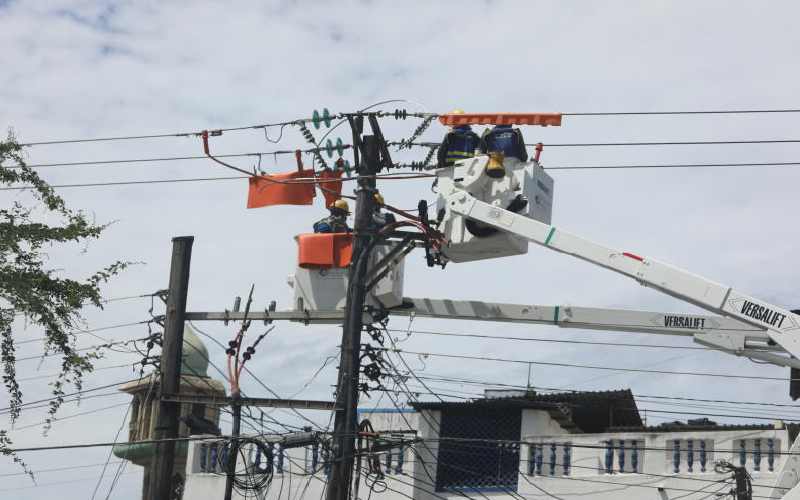×
The Standard e-Paper
Kenya’s Boldest Voice

An ongoing repair of electricity cables in Bondeni area, Mombasa County. [File, Standard]
Kenya Power is not just a monopoly. It is a monopoly that passes nearly all its costs of doing business to its customers. It is also a monopoly with a captive customer base of over seven million, ranging from subsidised low-income users to power-hungry industries.